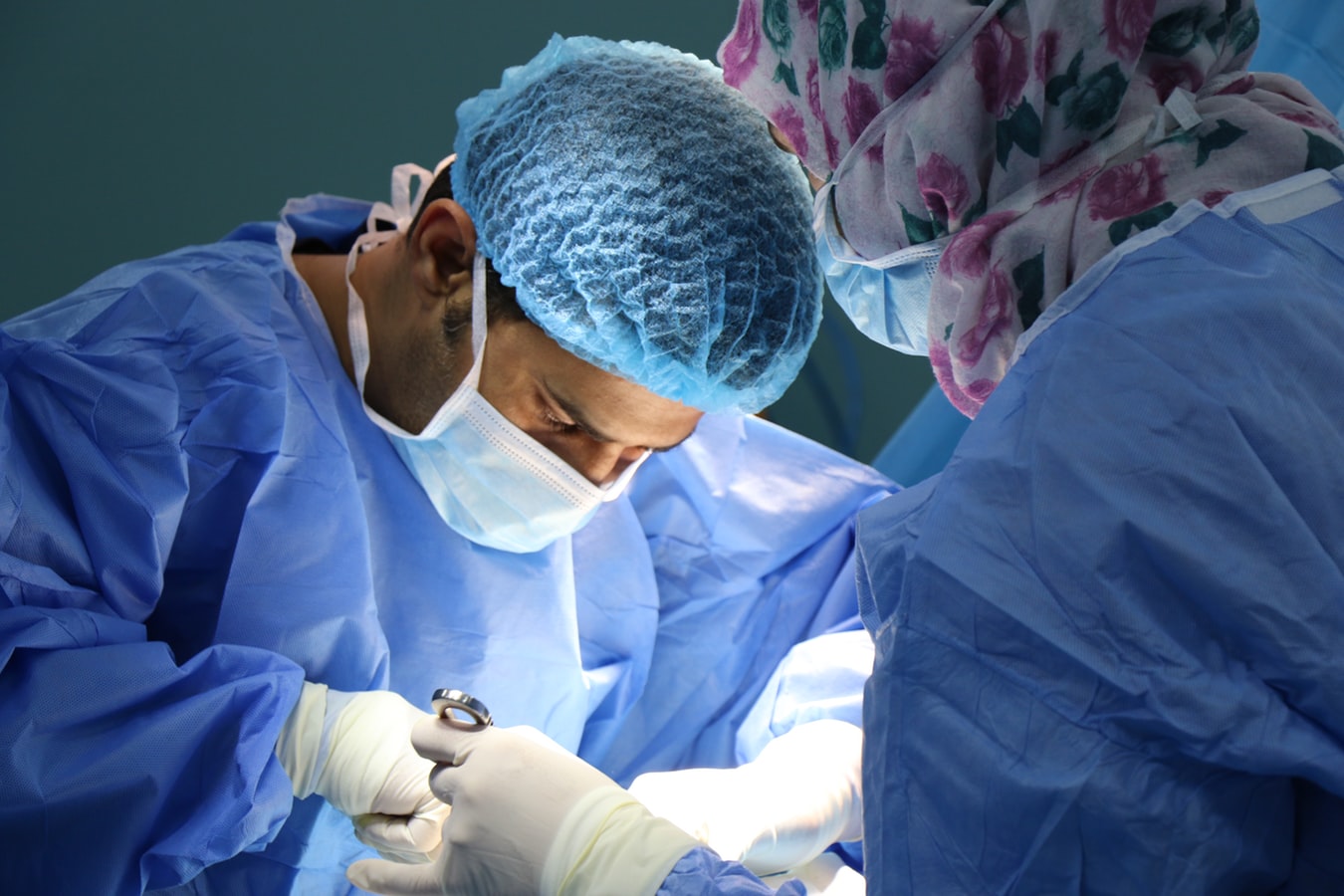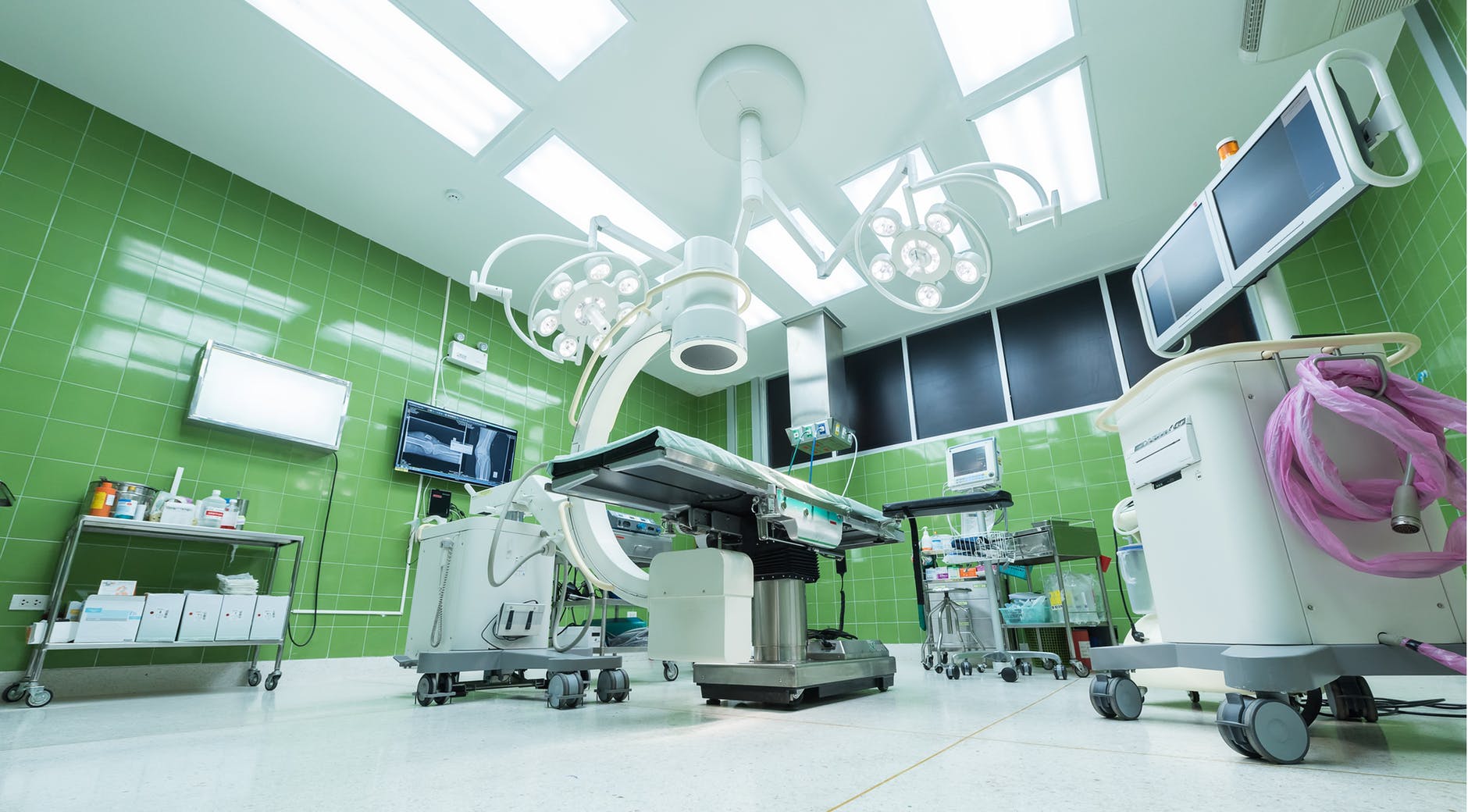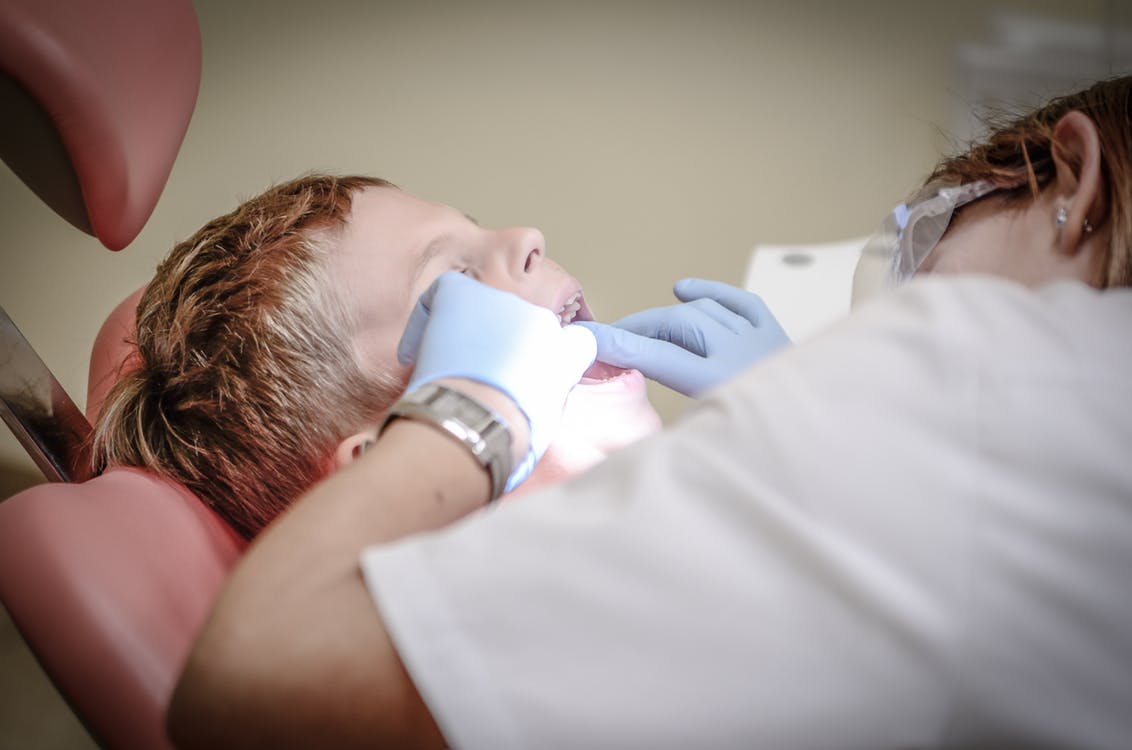Mexico Medical Tourism - Putting yourself first for a change (Part 1 of 2)
It can be a frightening thing - choosing to go to a foreign country to get major surgery. The vast majority of us find that a bridge too far to cross. I took the leap of faith, and I have begun the journey. This article (and hopefully the one that will follow it after my surgery is completed) will give a totally fact based account of the experience so you can see if something like this makes sense for you.
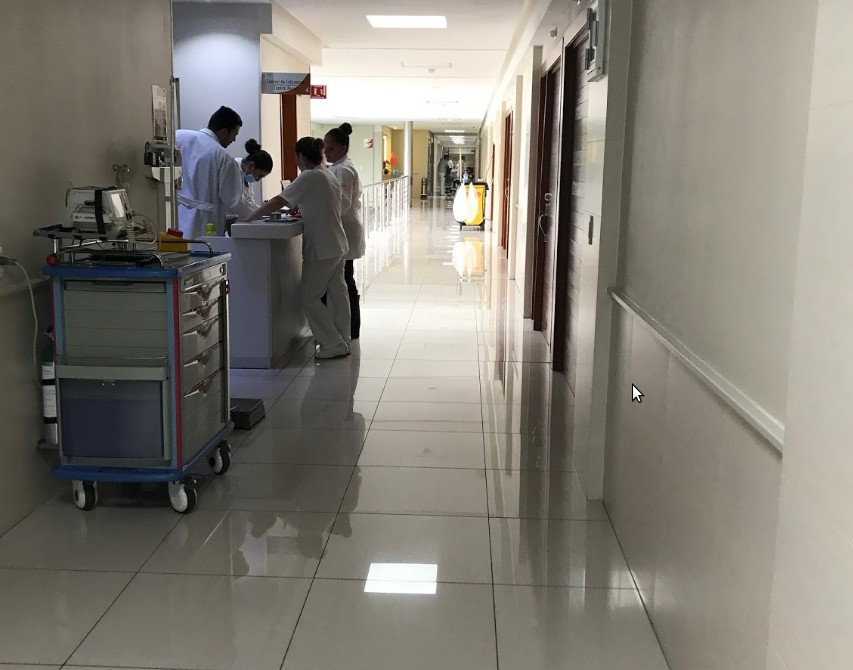
Back in 1995, I was going through a pretty dark time. I found myself back in Adelaide, Australia after living in the United States for six years, following a separation & divorce from my first wife. My mother had become unable to care for herself, so as the only son, I decided to return to Australia and begin a life back in my home town. That didn’t end well. For anyone that finds themselves living abroad for an extended period of time, it is a major effort to return home. It reminds me of Frodo, in Lord of the Rings, proclaiming “I can never return back to the Shire” after his adventures. My experience was much the same. Unfortunately the process also finalized a six year marriage, so not only had I returned back to a place that was hard to adjust back to, I lost half of my net worth and was living in a pretty dark place.
Then one day a friend of mine there said, “Hey Myles, why don’t you come with us to Queensland for a week in the sun and get out of this dark place you are at?”. This was just prior to Christmas in 1995, and the plan was for us to drive two days to the Sunshine Coast of Queensland with about six of us, in two cars. I didn’t have any decent reason to say No. So I said Yes. In retrospect the worst decision I have ever made, but you can’t predict the future.
We got up there unscathed and was there until New Years day, and then it was time to return on the two day drive back to Adelaide. Day one was uneventful. Stayed in some cheap hotel in a rural town somewhere in New South Wales that night. The next day, we headed out. I think I drove first. I got us somewhere near Dubbo, which is a large country town. Then my friend took over the driving just after lunch, and I moved to the back seat of the car and settled in to read my book.
About 30 minutes later, I heard the sounds of spalshing water. Water? In the middle of the outback on some country road? Then I looked up and we were like a rock, skipping over a lake. A flash flood had come through the night before, washed out the road, and the local council had not yet completed putting up signs to warn the drivers. I remember thinking, “Hold on mate, don’t lose control of the car”. Then nothing. Black nothing.
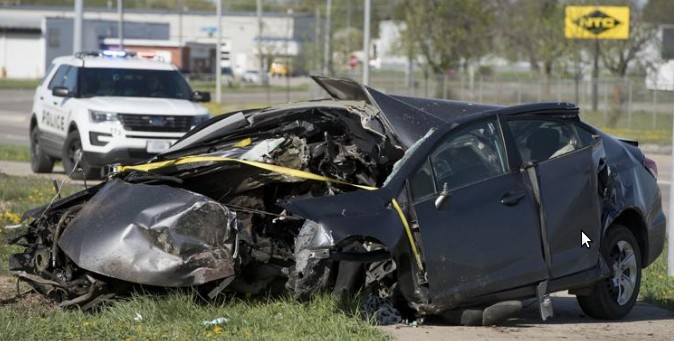
I woke up some unknown time later to the sound of the Jaws of life cutting me out of the car. We had hit, head on with a RV waiting to cross on the other side of the water at high speed. The front passenger seat was on top of me. My leg was wedged under it. I remember testing my fingers and toes. Yep, all working as normal. Phew. But the one thing that was strange is that my friend’s girlfriend who was sitting in the front passenger seat in front of me, was still there on top of the seat as well. I remember thinking that the emergency guys should be leaving me alone and attending to her. But they didn’t do a thing with her. Then I got pulled out. I heard the sound of my right femur snap as the broken bone was pulled out from under the seat. They put me on a stretcher and then to an ambulance to take us back on the 30 minute drive to the Dubbo Hospital. I remember working out in my mind that if she wasn’t being helped, she was likely beyond help. I was right. She was killed in the crash and her dead body was on top of the seat and me. I was the lucky one.
The result of this was being put in a medically induced coma for a few days, and then they airlifted myself and my friend who was driving back to Adelaide, to a public hospital there. They had not done anything other than basic triage surgery on me in Dubbo, so this began the first in a line of surgeries to try and put me back together again.
In Adelaide, I was admitted to a large public hospital. There are about five of those in Adelaide, and this one was in the top two of the largest. It is then that you get to see how public healthcare (supposedly) works in Australia. I was operated on first for my leg, where they inserted a titanium rod into the femur to secure it so that it could heal. But they kept seeming to be more concerned over something else. Eventually I found out that my left humerus (the top bone of your arm) had been broken in five places, and the top of it (the ball that goes into your shoulder cup) was completely removed from the bone. Ouch.
They operated on me, putting in two pins to steady the bone but with that, they couldn’t attach the top of the humerus back onto the bone. In order to make this work, they decided to attach it to the side of the bone, rendering me with only about 40% of the movement in my shoulder. I was told that this was how it was going to be for the rest of my life.
I didn’t buy it. I knew that public healthcare in Australia is rationed and I was in a hospital room with seven other patients, so this was not a great experience. The thing is that I had private health insurance as well, but in Australia if you are in an accident, you have no choice other than to be admitted to a public hospital. And since this was a motor vehicle accident, a bunch of claims for insurance (which is mandated under Australian law that the driver must carry when they register the vehicle) should have paid up for it. I mean I was a rear seat passenger - there was no liability on my part here.
Despite that, they wouldn’t pay. The one thing you can always count on with insurance companies is that they don’t pay claims. Even the government ones that are mandated to protect passenger liability. I’m not sure of the full reason - possibly because there was an ongoing case due to the death in the accident, but it literally took eight (8) years for me to get paid out from that accident, and made a number of attorneys rather wealthy in the process.
As a result of the pending lawsuit from the accident, I found that no other surgeon would take my case and review what I can only call a “botched job” on my arm. I tried at least half a dozen. Even a friend of mine who worked for an orthopedic surgeon couldn’t get me any help. He told me (off the record) that when there is a lawsuit pending for a motor vehicle accident with the insurance company, all the doctors will run into hiding for fear that they get brought into the whole thing and that’s why I was effectively blacklisted.
Fast forward a few more years. In the darkness of tragedy, there is always hope and as it happened through this, I met my new wife, Sandy. We got married in 1997, a couple of years later and had a wonderful daughter, Isabelle. I returned to my work (at least I transitioned to work that I could do with only one decent arm). Thankfully I could still type, play guitar, etc. so I focused on my programming work rather than the more interested “in the field” network design work that I enjoyed. After trying for a couple of years to build a business and support my family in Adelaide, it was a futile effort. The Dot Com boom had kicked off in the USA, and one day I got a phone call from an old friend in Los Angeles to return to the USA on contract to make some money. I reluctantly did that - my mother had since passed away, so I had nothing really keeping me glued to Adelaide. I headed off to LA for a six week consulting gig.
I realized what was going on in the computer industry and realized that this was the gold rush. I called up my wife and we decided that they would come over to the USA for 12 months as I could make a living there. That was in 1999/2000 and twenty years later, we’ve been here ever since.
The US Medical Insurance Cartel
I returned to come face to face with the dreaded medical insurance industry in the USA. I knew about this from my time in California earlier, but I was either contracting to clients under the umbrella of an agency that provided health insurance, or working for a company on W2 in which they also provided health insurance. Now, however, I was self-employed and needed to purchase my own medical insurance cover for my family. When you shop around, you quickly get sticker shock. The cheapest priced policy I could find was $800 per month, had a $10,000 deductible and specifically excluded my leg & shoulder from coverage as “pre-existing conditions”.
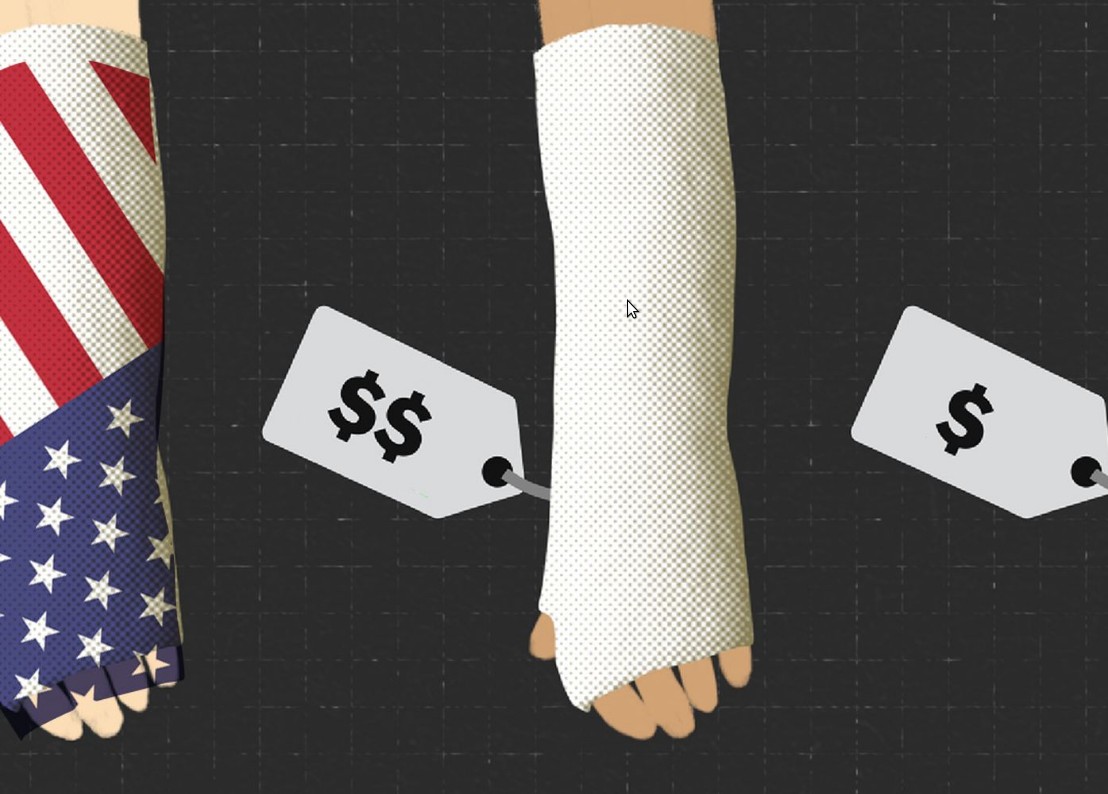
I needed some catastrophic care for the family, however. I quickly realized however that the whole thing was a racket. Australia is no prefect utopia for medical coverage either - it is common for patients there to have to wait 2-3 years for anything they deem to be an “elective procedure” which could be a painful hip replacement, but with public healthcare it is rationed. However if you find yourself in an emergency, you are not going to be left alone to die. Sure, that is also the case in the USA, but they can bankrupt you with bills if you don’t have an insurance company intervening If anyone has the choice for private vs. public healthcare, 99% of people will choose private because it puts you to the head of the queue for treatment. The problem, howeer, is that the USA medical system is full of fraud & abuse, so that a procedure that should be $10,000 costs ten times that. People don’t seem to focus on the actual cost of healthcare in the USA, but the cost of health insurance. As a result, they don’t see healthcare industry - they see the health insurance industry. And that is where the problem will never get recitified. There are too many middle-men making coin sitting between the patient and the healthcare provider.
As an experiement, I did see an orthopedic surgeon in the USA about my shoulder. They would take X-Rays and when they would throw them up on the lighted box to see them, I could always enjoy their reaction when I saw their face looking at this deformed shoulder of mine. Everyone of them basically said that there wasn’t anything they could for me. I think (if I could translate that) what they were actually saying is, “You don’t have anywhere near the money you need to get this fixed”. It required a full shoulder and humerus replacement, prosthetics, etc. and after insisting on getting a quote, I was told somewhere in the vicinity of $125,000.
Holy cow! How on earth could it be that much? I could build a small house for about that. And that is with a crew of thirty or so laborers, architects and material costs. Surely my shoulder isn’t that complex?
I thought, “I’m stuck with this - the doctors in Australia were right”. And for the next 20 years, I managed my expectations by never thinking that I could get this fixed. I was cursed with this deformed shoulder for the rest of my life. For years, I just lived with it. Then one morning I woke up in pure agony from sleeping on my shoulder in an unusual way. I thought I must have broken something. For days it was so much pain. Eventually it subsided and after about 3 weeks I was back to normal. But during those days I really got worried. What if I had broken something? I can’t afford to get it fixed in my home in the USA. What was I to do?
Mexico
After things calmed down, I decided it was time to get pro-active on this so I reached out to the folks on some Expat Forums on the Internet, and got a recommendation for an orthopedic surgeon who’s name kept coming up, over and over again. Dr. Jorge Alvaro Gonzalez Urzua, in Guadalajara, Jalisco. But I just fell back into not doing anything about it - thinking that maybe some magic will happen and the problem will go away.
A year later, the pain happened again. “OK, enough is enough”, I thought. This has to get fixed. So my wife & I flew into Guadalarja and contacted Dr. Gonzalez’ office and scheduled an appointment. I had no idea what to expect. I’d seen videos of doctors operating from “shanty town” offices, etc. I was pleasantly surprised. His offices were across from a large and modern hospital, in a beautiful part of town, tree lined streets, etc. He took the time to really work with me, sending me next door for X-Rays. They took 15 X-Ray images and charged me about US $20 for everything. Came back with them to his office, we sat down, he put them on the wall and again, I saw that expression of shock I’d seen so many times before. This time he gave me a lot of options, and in perfect English explained what could be done.

When he realized I was serious about the cost, etc. he then immediately scheduled me to have a MRI. I’d never had one of these because it was always too expensive. Australia never offered it, and in the USA I was told that it was a $4,000 process (I learned afterwards that you can shop around on your own and get them much cheaper, but if you don’t know what to tell the technician to image, there was no point). However in Mexico this was US $270.00. They put me in the MRI for 20 minutes and must have taken dozens of images. We returned to his office, only to find that the X-Rays never showed the true extent of the problem. There were bone spurs digging into the muscle around the head of the humerus that was the root cause of the pain, but he also found a benign tumor in there as well.
Imagine my surprise. Glad it was benign but this was never previously discovered. So it went from a, “Well you could have a prosthetic replacement but that is up to you”, to “You BETTER get this fixed”. The thing is that the total quote for this procedure was $125K in the USA. In Mexico it was USD $9K.
So I scheduled surgery for a month ahead and will return to Guadalarja to get this done. I’ve been able to call Dr. Gonzalez’ cell phone and talk to him from the USA, I’m doing all the blood lab work in Arizona, and electronically sending him the pre-op results needed before surgery. He has offered me a choice of four different hospitals that he works at, with a recommended one that he prefers to use. I’ll go with that - I want him to be working in the most familiar surroundings for this. All of them are high end hospitals though. This is PRIVATE healthcare. The fact I’m paying for this seems to matter a lot in terms of the quality of facilities.
The fiscal and political reality
When I first visited Ajijic, a small town on the shore of Lake Chapalla, just outside of Guadalajara, I noticed two things - first that the average age of the expat community there was 65 years old. This was a retiree’s heaven. But the second, and probably more shocking thing, was that they were so fit. I mean slim, happy, healthy, vibrant and active. I’m 55 as I write this, and although I really never want to retire if I chose to stop doing my business at some point, this is where I would want to go. The food is incredible, people have wonderful social lives, it is happy and it is so innexpensive a place to live. This is hope for the future.
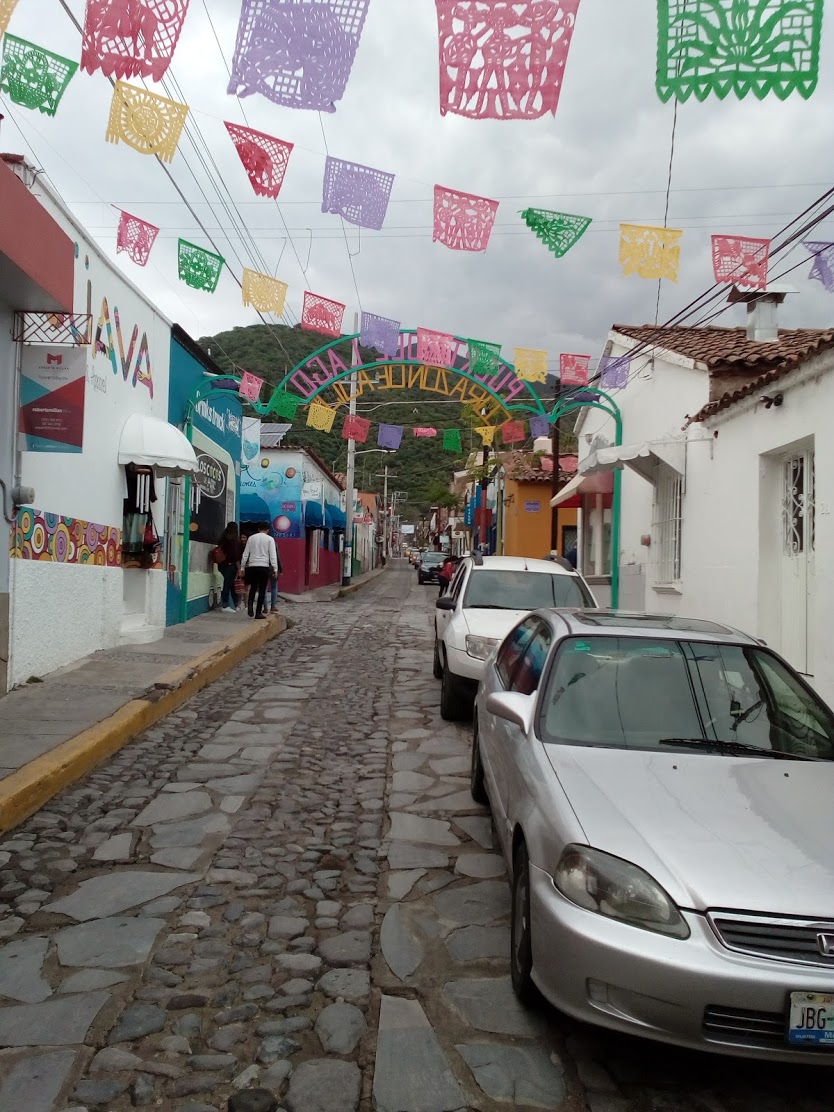
The healthcare is the biggest factor though. People can afford to get well here. They can afford the preventative and elective healthcare needed to prolong the quality and quantity of life. I mean it is just math - if you put your body through hell and don’t service it properly, it won’t last that long. No different to a car engine. And sometimes you need to intervene and fix things. To pretend that they will just fix themselves is not only naive but stupid. They just get worse. However when you associate capitalism to a healthcare market, yet you don’t support true free market principles, you get a dystopian future. And when it comes to people’s lives, this should be the #1 thing that we get right.
I’m not a fan of socialized medicine because I know it means rationing. It is one thing to pretend that everyone should receive healthcare. I’m all for that. But if you know that governments are dysfunctional oversized organizations, trusting them to do this correctly rarely ends well. People love to praise their free healthcare that they get thinking it is like going to their local GP and getting to know the doctor, etc. but it is far more than that. It is about how easy it is to receive elective procedures, or how efficient emergency facilities are, or how long a hospital stay you can have when you need it, before they turf you out on the street because they need the bed for the next contestant. Believe me, I’ve seen this with my own eyes. Unless you are suffering a life threatening situation, there’s a waiting line of 2-3 years that most people have to stand in to get medical procedures done in socialized medicine countries. Of course, you won’t die. But would you want to live in constant pain like that?
And let’s face it - you pay for this in your taxes. Socialized medicine isn’t something you can shop around for the best deal for. There is no incentive for quality service here. The good news is that most medical professionals didn’t go into that business for the riches. They went in to help people and be of service. However the tax increases that support medical care can be substantial and often threaten to bankrupt a country if not managed well. The cost of Medicare in the USA is an example of a major component of our fiscal deficit each year and accounts for a huge portion of our debt liabilities.
There is a problem, however, with paying for medical care. The free market works really well when you have the option of competition on pricing and quality of service. If I go to Mexico and shop for an elective procedure, the doctors need to be competitive and prove to me that they are the best choice. The same with the hospitals. Having a number to choose from means that quality levels go up and pricing is kept down by competition. This is one of the reasons I’m so bullish on medical tourism. It is a true representation of the free market in healthcare. If a doctor is a bad service provider, he won’t get decent reviews. The Internet have many, many review sites - from Yelp to Google Reviews, and many others, and it doesn’t take long to find the doctor and look him/her up for reviews. Then you make an informed choice as a consumer.
There is one problem, however. Adverse events. These are medical events that occur unexpectedly. It could be a car accident, a heart attack, stroke, cancer, etc. Things that you can’t see coming. In those situations, you lose your right to shop around. The free market principles that drive down costs and drive up quality can’t apply in emergency situations. It is in those situations that I do see a role for government provided healthcare. But it has to be done so that emergencies do not become the normal way that anyone enters the healthcare arena. It is not right that those who need elective or preventative care only get it through an emergency room. This burdens the ER facilities so they have less resources for actual emergencies.
Some form of balance is required. I’m not sure where that balance is, but I’ve seen both sides of the equation and I don’t see the answer in any of those implementations. I do, however, see Mexico offering me a life-line that I could not get anywhere else. I’m sure there are many other “Mexicos” in the world. So many countries offer medical tourism, but I chose the one closest to home for me. And the more I spend time down there, the more I think maybe one day it might be my home.
The adventure continues...
I’ll update my story in the next article, post-surgery. My intent in telling this story is that if you are dealing with a similar situation and you need hope of a solution, it is out there. But you have to put down the fears and all the people telling you things as if they know what they are talking about, but have never walked in your shoes or never walked the path into Mexico medical tourism. Unless you are talking to a bonafide recipient of substantial healthcare and surgeries in the region you are contemplating, it is all static. Ignore it and try to tune into the truth. As Fox Mulder would say, “The truth is out there”.
The fear, uncertainty & doubt that comes with Mexico is ridiculous. You won’t get kidnapped by some drug cartel, beheaded and your body parts thrown to the four corners of the land. You won’t get diseased healthcare. You will find that many healthcare professionals speak excellent English, and that there is a huge expat community that is a true community. They help each other out, and they will help you out too. You just have to put your pride down and be willing to ask for it. “Por Favor” and “Gracias” goes a long way too. You are a guest in their country and if you act like a humble guest, you will be made a part of their family.
At least that has been my experience. Your mileage may vary, but don’t try and tell me that you know what getting medical procedures done in Mexico is like until you’ve been there. There are way too many opinions from those that have a vested interest in keeping the dystopian medical system of the USA in the status quo. Be aware you won’t get the full story unless you are willing to jump on a plane and fly down to the “real” Mexico (not a border region, but central Mexico), and see it for yourself.
May this article be a key to unlock a door to hope. God speed.





